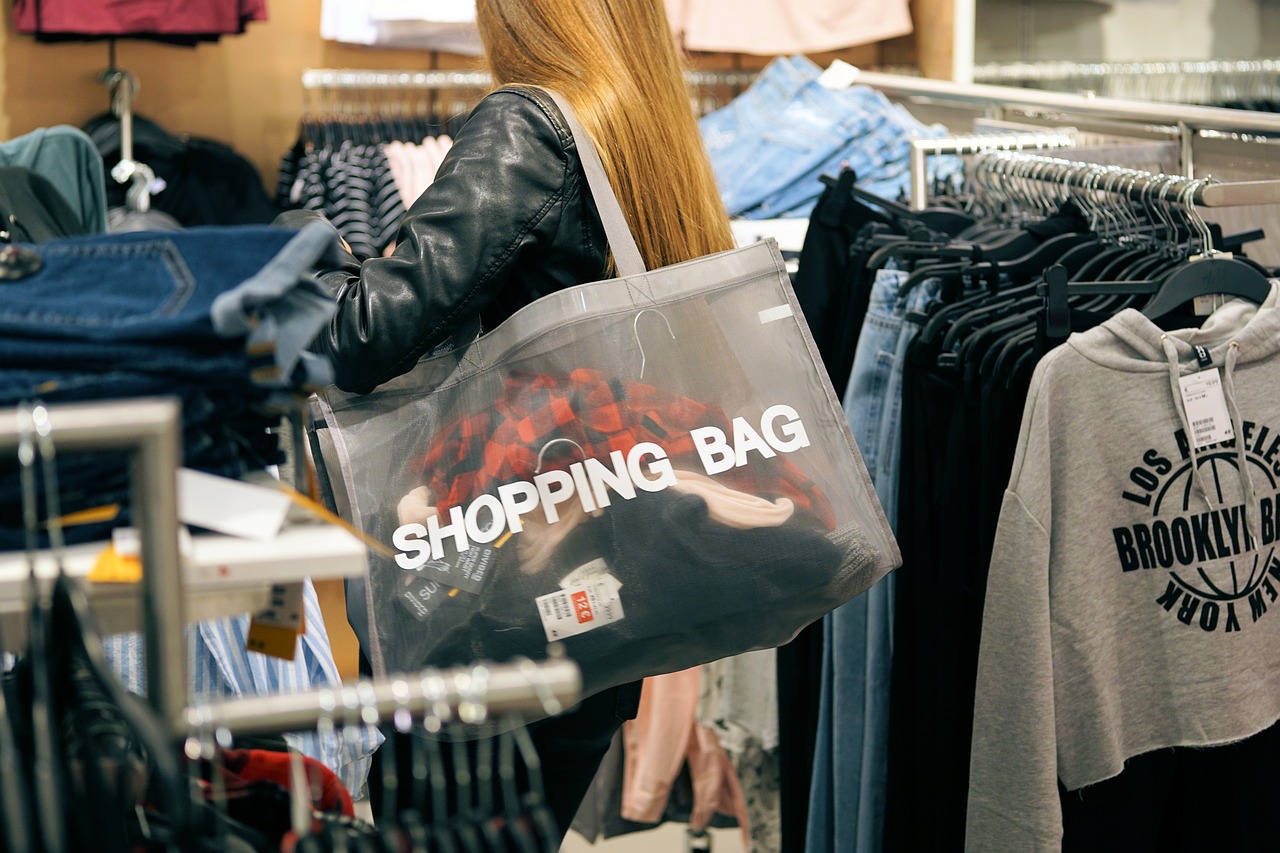As the leaves change color and the air turns crisp, the anticipation for one of the biggest shopping events of the year begins to build: Black Friday. Once a day primarily marked by post-Thanksgiving sales, it has transformed into a cultural phenomenon that shapes the retail landscape and influences consumer behavior. But what exactly is Black Friday, and why does it hold such significance in modern society?

A Brief History
The term “Black Friday” originally referred to the day after Thanksgiving in the United States, which marks the beginning of the holiday shopping season. The phrase gained popularity in the 1960s in Philadelphia, where police used it to describe the chaos that ensued as hordes of shoppers flooded the streets ahead of the Army-Navy football game. Retailers, however, saw an opportunity to rebrand the day, associating it with financial prosperity—“going into the black” became the new narrative.
In the decades that followed, Black Friday evolved from a single day into a weekend-long shopping spree, culminating in Cyber Monday, which focuses on online deals. Retailers began opening their doors earlier, with many starting sales on Thanksgiving evening, effectively extending the shopping event.
Economic Impact
Black Friday has a substantial impact on the economy. According to the National Retail Federation, millions of Americans participate in Black Friday shopping, spending billions of dollars on various products. In 2022, for instance, U.S. consumers spent an estimated $9.12 billion online on Black Friday alone. This surge in consumer spending is not just vital for retailers but also stimulates economic growth, affecting everything from employment to supply chains.
Moreover, the event sets the tone for holiday shopping. Retailers often use Black Friday as a barometer for the upcoming holiday season. Strong sales figures can indicate consumer confidence, while a lackluster performance may signal economic concerns.
The Psychology of Shopping
The allure of Black Friday is not merely about discounts; it taps into deeper psychological factors. The thrill of the hunt, the excitement of snagging a deal, and the communal aspect of shopping can all contribute to the frenzy. Many shoppers feel a sense of urgency due to limited-time offers and doorbuster deals, driving them to make purchases they might not otherwise consider.
Moreover, the event fosters a sense of belonging. For some, Black Friday shopping has become a cherished tradition, a time to bond with family and friends. The shared experience of navigating crowded stores, hunting for bargains, and sharing tips can create lasting memories.
Retail Strategies and Innovations
In response to the growing competition and changing consumer behaviors, retailers have had to innovate. The rise of e-commerce has led many stores to offer online deals alongside in-store promotions. The emergence of “Black Friday Week” and “Cyber Week” illustrates a shift towards a more prolonged shopping experience, allowing consumers to spread their spending over several days instead of cramming it all into one.
Additionally, technology plays a significant role in shaping Black Friday. Mobile apps, social media, and targeted advertising enable retailers to reach consumers more effectively than ever before. Shoppers can research products, compare prices, and receive real-time notifications about deals, enhancing their shopping experience.
The Dark Side of Black Friday
While Black Friday is often seen as a positive economic driver, it is not without its criticisms. The event has faced backlash for promoting consumerism and environmental concerns. The emphasis on mass consumption can lead to waste, as many purchases are impulse buys that end up unused or discarded.
Furthermore, reports of violence and chaos in stores have marred the event’s reputation. Incidents of stampedes, fights over limited stock, and aggressive behaviors highlight the darker side of the shopping frenzy. Retailers have responded by implementing measures to ensure safety, such as crowd control and limited entry, but the challenge remains.
A Shift in Perspectives
In recent years, there has been a growing movement towards more mindful consumerism. Initiatives like “Small Business Saturday” encourage shoppers to support local businesses, while “Giving Tuesday” promotes charitable giving. These movements reflect a shift in values, urging consumers to consider the impact of their spending choices.
As we move further into the digital age, the future of Black Friday may evolve even more. Some retailers are opting to forego the traditional day altogether, focusing instead on creating a year-round shopping experience. The lines between physical and online shopping continue to blur, and consumer preferences will undoubtedly shape the future of retail.
Conclusion
Black Friday is a complex cultural and economic event that encapsulates the spirit of consumerism while also sparking discussions about ethics and sustainability. It offers a unique window into American shopping habits, economic trends, and societal values. As we navigate the ongoing evolution of retail, it’s essential to consider not only the thrill of the hunt but also the broader implications of our spending habits. Whether you’re a die-hard bargain hunter or prefer to avoid the chaos, Black Friday remains a significant milestone in the holiday season and a reflection of our collective consumer culture.
